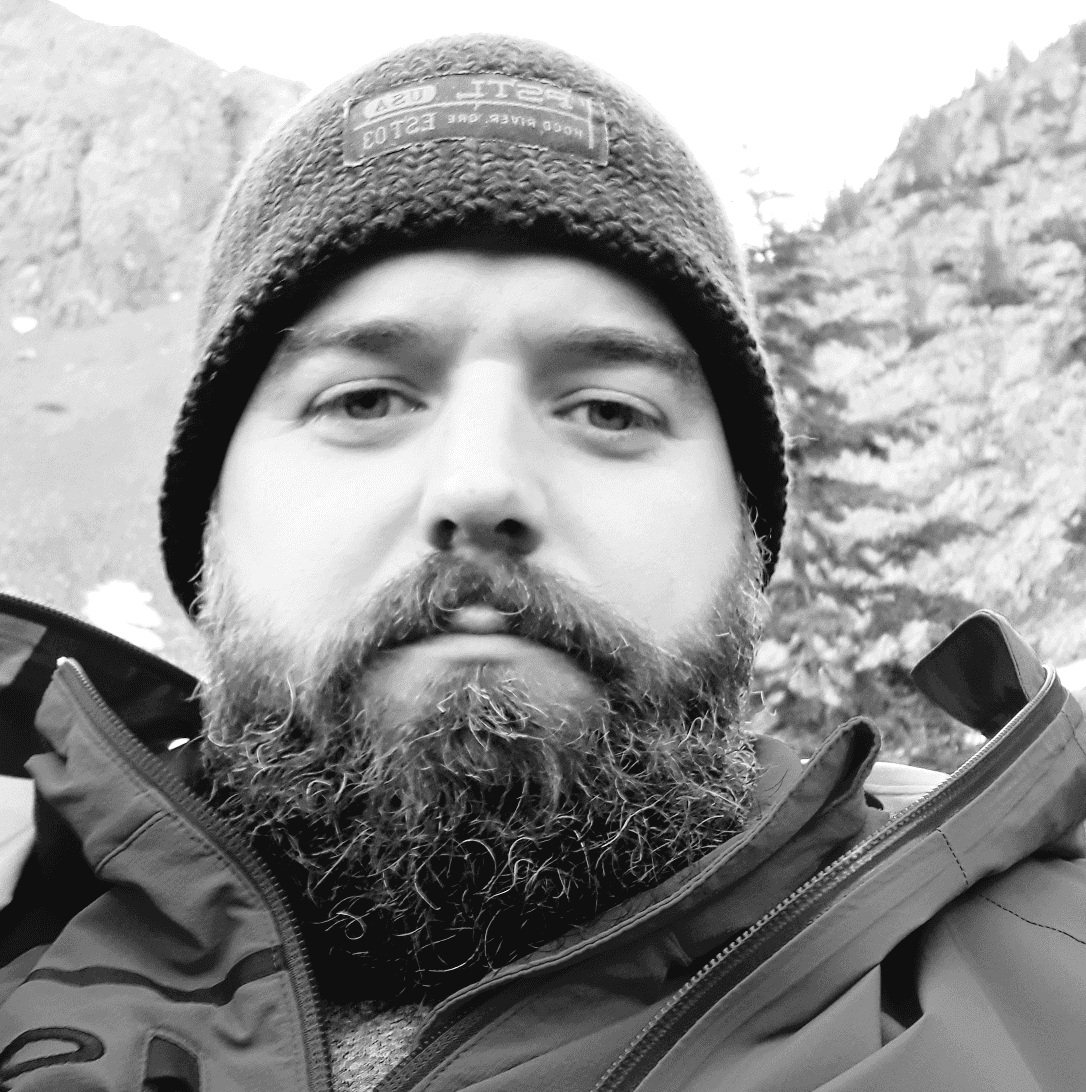
Nicholas Roberts
Ph.D. student (Complex Systems & Data Science)
Biography
Currently, I am a PhD student and graduate research assistant at the University of Vermont in the Complex Systems and Data Science program at the University of Vermont. My work and studies are co-advised by Laurent Hébert-Dufresne and Jean-Gabriel Young. I came to UVM after completing a MS in applied mathematics at the University of California Davis and a BS in mathematics with a general biology minor at Arizona State University. My advisor during my masters work was Sebastian Schreiber, and I had the pleasure of working under John Nagy for most of my undergrad. Additionally, during my undergrad I was fortunate enough to participate in two National Science Foundation Research Experience for Undergraduate summer programs, one at Arizona State University under the direction of Carlos Castillo-Chavez and the other at the University of Nebraska Lincoln under Richard Rebarber. I have also been fortunate enough to attend workshops, summer schools, and trainings at the Statistical and Applied Mathematical Sciences Institute (jointly run by the NSF, Duke, UNC Chapel Hill, and NC State), the Lorenz Center at the University of Leiden in the Netherlands, and the University of Turku (organized by the math-bio group from the University of Helsinki) among others.
As a non-traditional student, I started my post-secondary education at Scottsdale Community College in my late twenties, my experiences have led me to engage with and support diversity, equity, and inclusion efforts in academia. I have been, or am actively involved with, groups that coalesce around such efforts including the Math Alliance, the Association for Women in Mathematics, and the Society for the Advancement of Native Americans and Chicanos in Science. In a similar vein, I am an advocate for finding balance in life and pursuits outside of academia, including facilitating bridges to "alt-ac" careers. As the president of the student chapter of the Society for Industrial and Applied Mathematics at UC Davis I organized a seminar series that brought in industry mathematicians to speak about career paths for graduate students outside of academia.
Research interests
Infectious Disease Modeling and Quantitative Epidemiology
I am broadly interested in infectious diseases from both public health and physiological perspectives. Recent projects include analyzing the impact of essential worker staffing choices on the course of novel outbreaks as well as predicting the heterogeneity of outcomes during early stage epidemics that arise primarily through the stochasticity of transmission events. Most of my work in modeling disaese spread in populations reflects the belief that it is important to consider both the inherent randomness of disease transmission and the underlying contact networks along which disease can spread. In particular, beyond the standard compartmental disease models, I tend to focus on dynamical models on networks as well as stochastic models. Current disease modeling projects include inferring metabolic pathways of protozoan parasites from partially observed transcriptomes and modeling disease surveillance at the population level to guide pandemic preparedness efforts.
Model Inference
My desire to apply mathematical models in real world problems arising from epidemiolgy requires that the models are well able to generate output that "matches" observed data. A necessary step in this problem is inferring model parameters from data, this can be viewed either as a subset of mathematical inverse problems or model fitting. My ongoing interests in this field include developing appropriate likelihoods for Bayesian inference, inference problems in the presence of incomplete data, and using inference to guide model structure. Regarding inference of model structure, I am particularly interested in inferring network structures that are included in models, and have recently begun to look into how inference/data analysis can influence model selection.
Uncertainty Quantification
Given imperfect knowledge and models always being an abstraction of the world, when collaborating with clinicians or public health officials it is necessary I capture the uncertainty in a models predicted outcomes. The more traditional approach to forward uncertainty quantification, aka uncertainty propogation, is to generate probabilistic forecasts based on the fact that model parameters are never known exactly. This is a vital step in mathematical modeling, and especially in the aforementioned communicating of predictions. An aspect of this approach I find particularly interesting is integrating inverse uncertainty quantification (calibration and or fitting of a model) with forward uncertainty propogation. In particular, I hope to contribute to the theory which attempts to explain how missing data impacts parameter uncertainty, thus indirectly impacting forward uncertainty quantification. Additionally, given that many aspects of an infectious diseases life history (both within host and between hosts) are best viewed as random in nature, I am interested in how the effects of parameter uncertainty compound with the inherently probabilistic output of stochastic models.
Education
Outside of work, aka away from academia
I routinely make the time to pursue interests separate from my studies and research. I love getting outside and being active, hiking and backpacking are some of my go to's. Favorite trips include exploring the Olympic Peninsula in Washington and hiking across Jotunheimen National Park in Norway. I also enjoy riding bicycles and am always trying to become a more proficient runner. When I can't get outside I read a lot, which partly explains my almost compulsive book accumulation habits. Recently I have been on an endeavor to become a more well random human by learning how to play some instruments (the ukulele and Irish tin whistle) and reading more poetry. A somewhat odd, and burgeoning passion is city planning; especially in the realm of alternative transportation. We really should move past being a car-centric culture. It is quite likely that this will gradually make its way into my research interests.
Publications
No publications with these filters
Remove some filters to get back results